Poisonous harvest : Pesticide overuse threatens bird species
Excessive use of toxic agricultural drugs has significantly reduced varieties of native bird populations
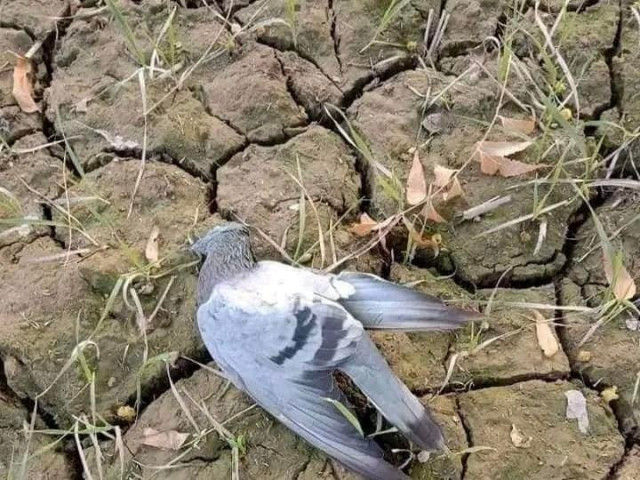
In a country undergoing serious food insecurity, farmers seeking to maximize local crop yield resort to a variety of methods to curb the perilous effects of weeds and insects however, the widely used agricultural practice comes at the cost of biodiversity in the fields, as hundreds of bird species in Punjab face annihilation.
Even though pesticides have been used all over the world to aid the cultivation of crops and protect them from pests, strict monitoring of the chemical composition of the substances is usually mandatory in most developed nations, in order to preserve the species of birds and animals comprising the ecosystem.
However, the aforementioned regulations are entirely absent in the crop production hub of the country, Punjab, where the irresponsible over usage of poisonous, unapproved fertilizers has disturbed the reproductive capacity and health status of the local bird species who feed on the plants, thereby leading them towards slow and steady extinction.
Read Warning issued on prohibited fertilizer
“These days the use of poisonous chemical fertilizers has become unavoidable since we have to save our crops from various diseases and boost crop production,” said Mian Abdul Rauf, a farmer from the border region of Manhala, who no longer wished to follow the outdated methods of his forefathers who used animal waste to proliferate crop yield.
Disapproving of Rauf’s revelations was Dr Zulfiqar Ali, Professor of Zoology at the University of Punjab, who cited excessive reliance on toxic pesticides as a major contributing factor towards the gradual extinction of rural bird species. “Spraying pesticides soaked in chemical poisons onto plants poses serious danger to birds and wildlife.
Birds and wildlife ingest these substances directly or indirectly from contaminated food or water sources, which can disrupt their endocrine functioning and lead to infertility or worse kill them instantly,” rebuked Dr Ali, who urged farmers to consider alternative, sustainable methods of pest control and fertilization in order to reduce these risks and maintain biodiversity.
Read Locals vow to stop partridge hunting
According to data obtained by The Express Tribune from the Department of Zoology at the University of Punjab, a 69 per cent drop has been observed in the variety of bird populations over the past few decades with 240 birds species spotted in 1965 to only 74 recorded in the most recent survey carried out in 1997, which identified birds including the common sparrow, golden sparrow, cuckoo, red-backed nightingale, raw parrots, wagtail bird, black partridges, brown partridges, hoopoe, hummingbird, Indian myna, white-cheeked nightingale, ram sparrow, fish eating bird, dove, blue jay, eagles, crows, owls, pigeons and bats.
“In developed countries, toxic agricultural drugs that can possibly harm plants, birds, and animals are banned, and their import is also forbidden. In our ailing economy however, high food insecurity has increased the reliance on imported chemical fertilizers to boost indigenous crop yield,” explained Dr Anjum Ali Buttar, Director General of Punjab Agriculture Department (Extension), who further implored that the use of fertilizers and poisonous pesticides should be done with utmost responsibility.
Speaking to The Express Tribune on the matter, Mudassir Hassan, focal person of Punjab Wildlife conceded to the fact that no campaign was ever launched at the central level for creating awareness among farmers on the impact of toxic pesticide usage on birds and animals in agricultural fields.
“However, all Divisional Deputy Directors of Punjab Wildlife conduct awareness campaigns in their areas to inform farmers about the general pitfalls of using agricultural drugs and chemical fertilizers,” asserted Hassan.
Published in The Express Tribune, December 18th, 2023.

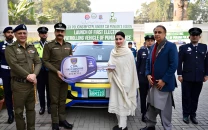
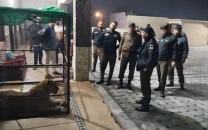



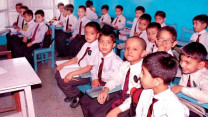





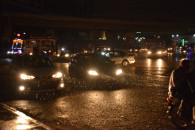






COMMENTS
Comments are moderated and generally will be posted if they are on-topic and not abusive.
For more information, please see our Comments FAQ